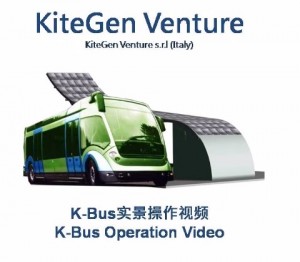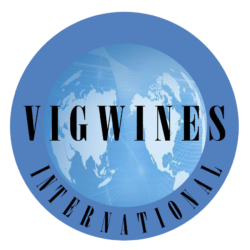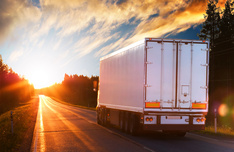Transport
Energy efficiency in the transport sector – possibilities
The consumers of energy in the transport sector are to some extent the same as those in the industrial and building sectors, e.g. in the case of drives and motors, insulation and lighting. There are also substantial technological overlappings between the various modes of transport: for example, the development of motors is resulting in more efficient use of conventional fossil fuels, e.g. by recovering energy from exhaust gases. Also, progress is being made on the use of alternative forms of energy like hydrogen or electricity generated from renewables for battery, fuel cell and hybrid drives. Furthermore, all of the sectors are placing their hopes in innovative construction methods, lightweight construction, aerodynamics, capacity enhancement, and energy-saving vehicle components. Other possibilities to increase energy efficiency in the transport and mobility segment include state-of-the-art infrastructure components, lighting concepts and traffic management systems. They optimise the traffic flow and increase the efficiency of the individual transport routes.
Germany: a high-tech country
German firms can supply these solutions. Germany’s automotive manufacturers and their suppliers employ a total of more than 750,000 people; they had a turnover of €288 billion in 2008, and roughly €181.5 billion of this was exported. These firms invested €18.9 billion in research and development.
In recent years, the volume of traffic worldwide – and thus also of energy consumption – has risen continuously. The transport sector currently accounts for more than 30% of Europe’s energy demand (cf. diagram). The density of traffic is higher in Germany than in any other European country. As a result, the development of the country’s traffic management systems is especially far advanced. German technology leads the world here, e.g. in terms of traffic guidance systems, fleet management and logistical concepts like strategies for traffic relocation, terminal management and improved handling in storage facilities.
German firms particularly offer innovative solutions for the manufacture of vehicles and components. They are making a major contribution towards cutting global energy consumption thanks to products like novel drive systems, brakes, energy recovery and storage systems, improvements in aero- and aquadynamics, and innovative weight-saving materials. Modern technologies, e.g. in electrical engineering, offer a very great potential for further improvements in efficiency. Furthermore, Germany can offer outstanding expertise in the field of power and control electronics.
Outlook
Networked national and international traffic solutions will become a decisive factor for economic and social development in the coming years. In future, mobility will no longer be dominated by one specific mode of transport or technology. Rather, there will be a need for an efficient networking of modes of transport and infrastructure. German transport system technology is characterised by the way it combines all sub-sectors and fields of technology, thereby integrating the entire field on an interdisciplinary basis. This means that German products already offer (and will continue to offer) the potential to safeguard mobility and transport both in economic and ecological terms.
K-BUS: An Innovative Idea for a Clean and Sustainable Public Transport System
The mostefficient, cheap and eco-friendly public transport system. Insteadoftraditionalbatteries, the k-bus employsultra-fast charging capacitorswhichmakeit more competitive thantraditionalsystems, simply in termsofcosts, dimensions, consumes, logisticsand disposal.
Electric bus with an internal ultra-fast recharging system integrated with the road infrastructure. The K-bus employs super-capacitors instead of normal batteries, thus obtaining advantages in terms of costs, dimensions, consumes, logistics and disposal. The bus is fully recharged at the bus stop, during the normal pick-up and drop-off time
K-bus technology: other fields of application
Beyond the local transport system, the k-bus technology can be employed on every kind of vehicles which have defined paths and regular stops:
-
- Urban logistics (postal system, courier…);
- Waste management;
- Airports, factories, etc;
- Eenvironmentally protected areas (pedestrian zones, hospitals,..);
- School bus



